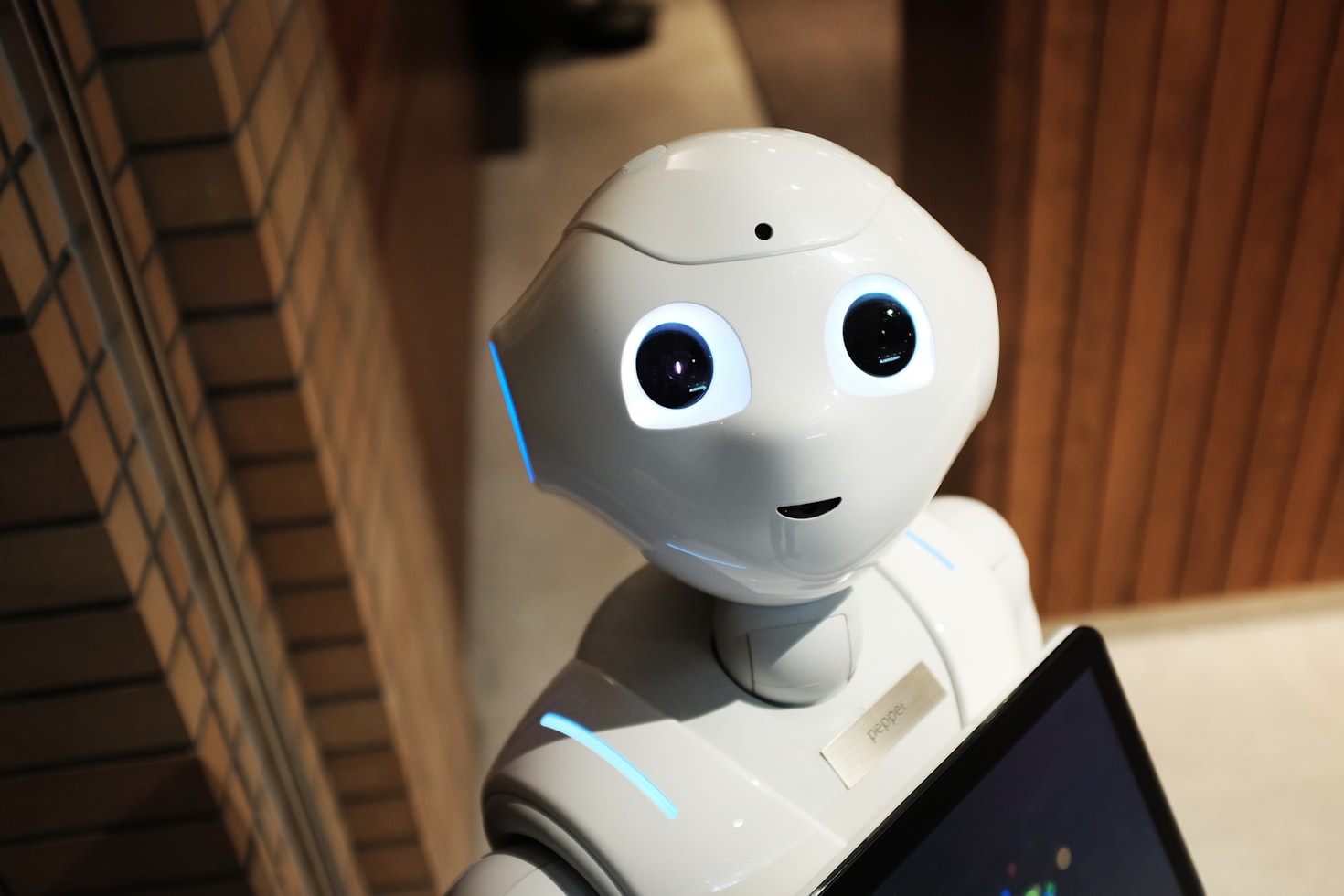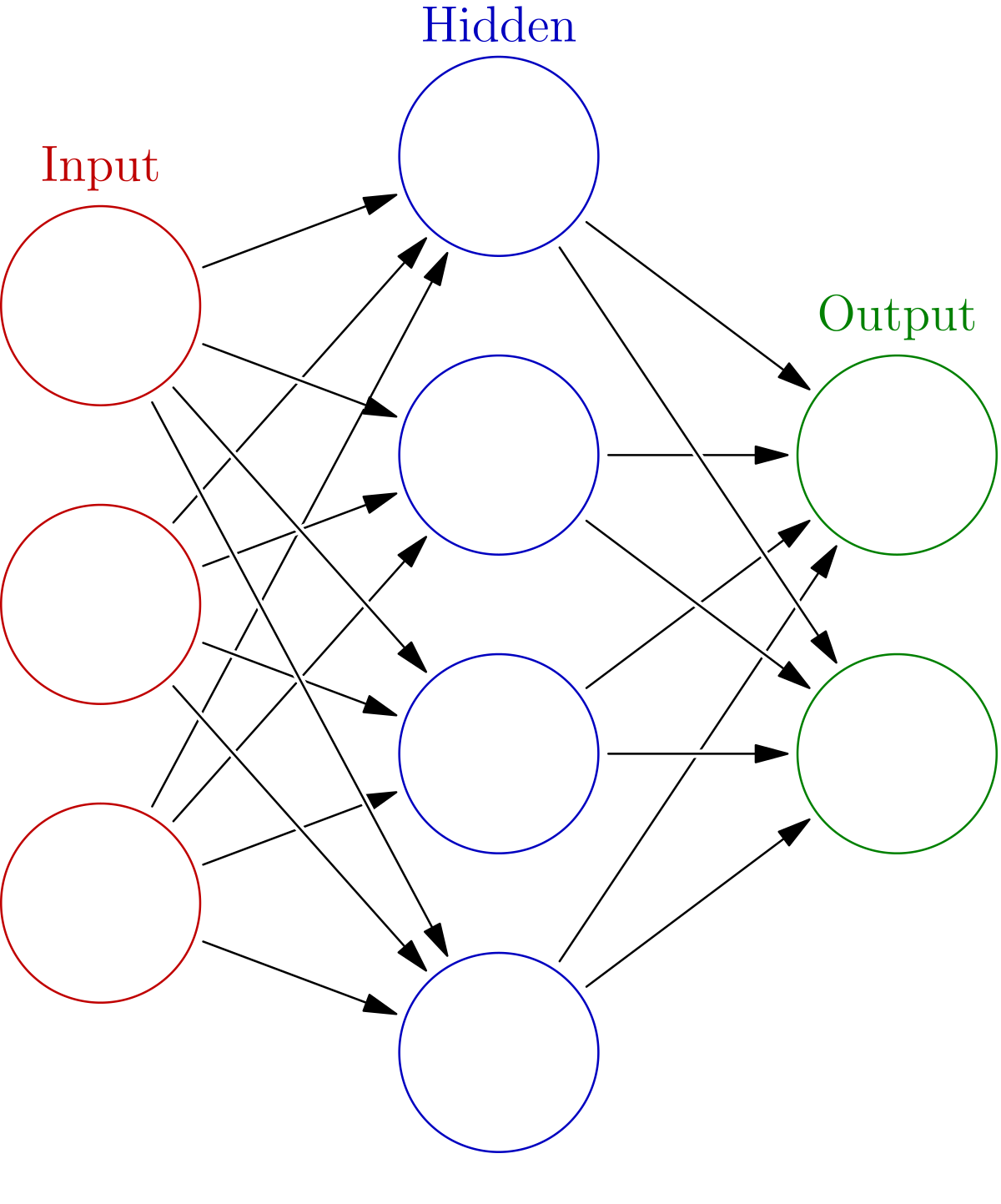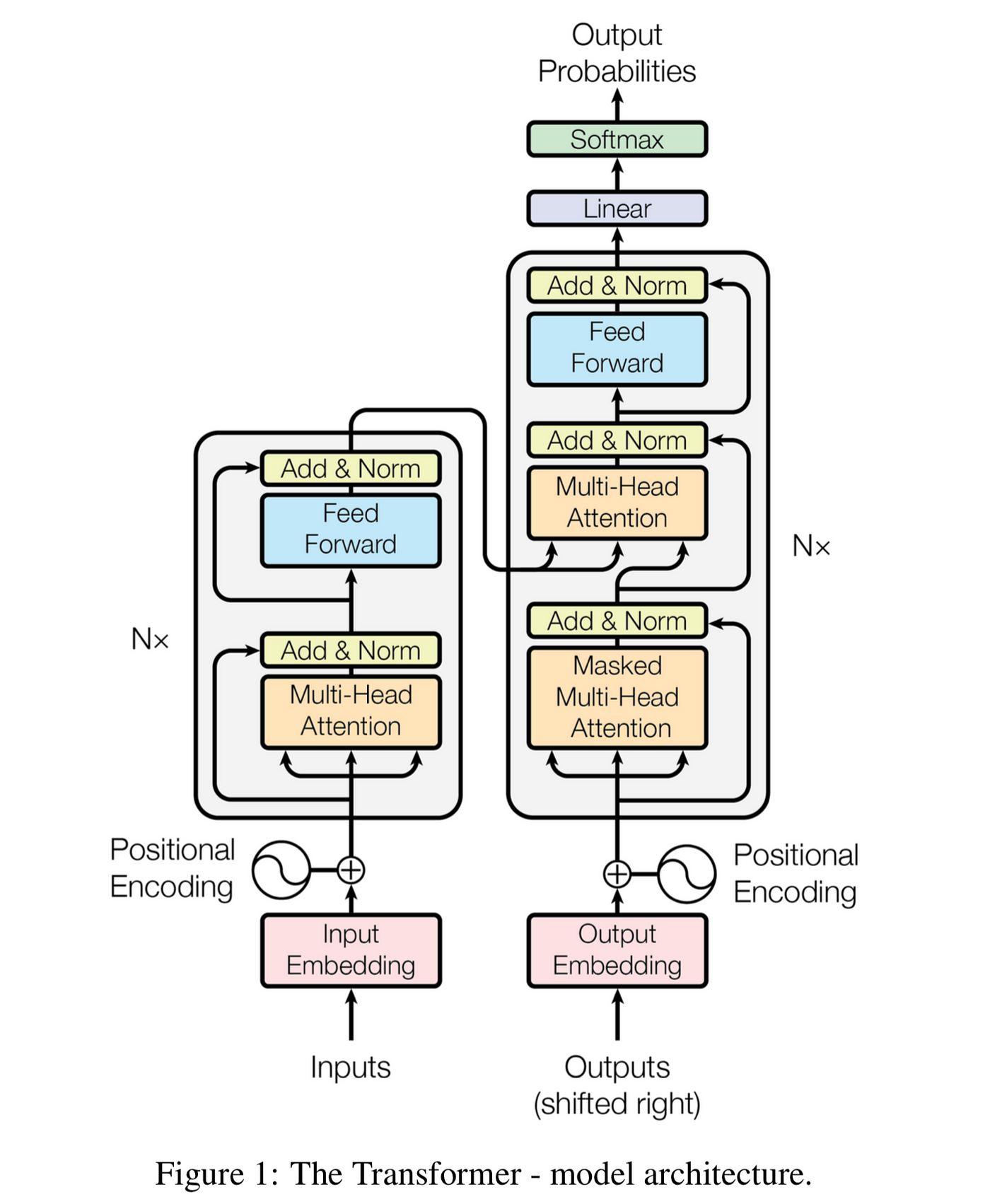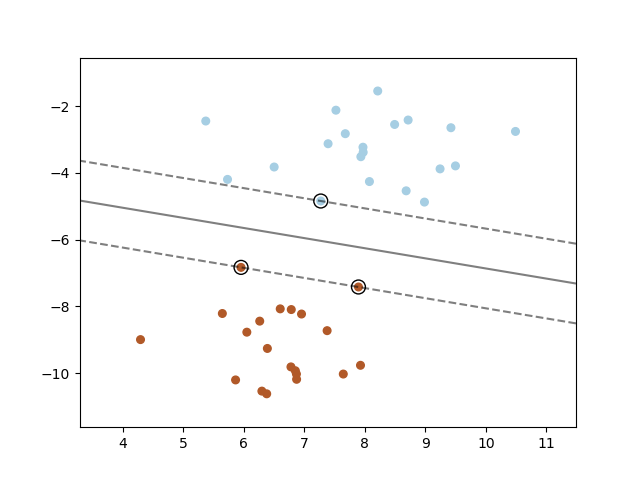The Evolution of Artificial Intelligence
Explore the fascinating journey of AI from its inception to cutting-edge innovations and beyond
Evolution of AI
Birth of AI
The term "Artificial Intelligence" is coined. The Dartmouth Conference marks the birth of AI as a field, setting the stage for decades of research and innovation.
Early Developments
Early AI programs like ELIZA are developed, showcasing the potential of natural language processing. The first AI winter begins as progress slows, highlighting the challenges in the field.
Expert Systems Era
Expert systems gain popularity, demonstrating AI's ability to mimic human decision-making in specific domains. Neural networks make a comeback with backpropagation, laying the groundwork for deep learning.
Machine Learning Revolution
Machine learning advances rapidly, with breakthroughs in image and speech recognition. Deep learning emerges as a powerful technique, enabling AI to tackle complex tasks with unprecedented accuracy.
Rise of Large Language Models
Large Language Models (LLMs) demonstrate unprecedented natural language understanding and generation capabilities, revolutionizing NLP and opening new possibilities in AI applications.
Multi-modal AI
Multi-modal AI systems capable of understanding and generating text, images, and other data types emerge, bridging the gap between different forms of information processing.
AI Integration and Specialization
AI becomes ubiquitous, powering smart cities and advanced climate change mitigation strategies. Specialized AI models, including Small Language Models (SLMs), offer efficient alternatives for specific tasks, balancing performance and resource efficiency.
Why AI is Needed






- Automation of repetitive tasks, increasing efficiency and productivity
- Analysis of vast amounts of data to derive insights and make predictions
- Personalization of user experiences in various applications
- Solving complex problems in fields like healthcare, climate change, and scientific research
- Enhancing decision-making processes in business and governance
- Enabling new technologies like autonomous vehicles and smart homes
- Accelerating scientific discoveries and innovation across multiple domains
- Improving accessibility and inclusivity through assistive technologies
- Optimizing resource allocation and energy consumption in various industries
- Enhancing cybersecurity measures and fraud detection capabilities
AI Innovations
AI has led to numerous groundbreaking innovations across various fields:








- Natural Language Processing (NLP) and Generation with advanced LLMs
- Computer Vision and Image Recognition
- Autonomous Vehicles and Robotics
- Predictive Analytics and Forecasting
- AI-powered Healthcare Diagnostics and Drug Discovery
- Generative AI for Art, Music, and Content Creation
- Quantum Machine Learning
- AI-driven Climate Modeling and Environmental Protection
- Multi-modal AI systems integrating various data types
- Emotion AI and affective computing
- AI-enhanced Cybersecurity and Threat Detection
- Personalized Education and Adaptive Learning Systems
Key AI Algorithms

Neural Networks

CNNs

RNNs & LSTM

Transformers

Reinforcement Learning

SVM

Random Forests

K-Means Clustering
Advanced AI Algorithms
Modern AI research is pushing the boundaries with algorithms like:
- Generative Adversarial Networks (GANs)
- Variational Autoencoders (VAEs)
- Graph Neural Networks (GNNs)
- Quantum Machine Learning Algorithms
- Federated Learning
- Meta-Learning and Few-Shot Learning
AI in Various Domains

Software Development
AI assists developers with code completion, bug detection, and automated testing. It also enables low-code/no-code platforms, making software development more accessible.

Healthcare
AI powers early disease detection, personalized treatment plans, drug discovery, and robotic surgery assistance, revolutionizing patient care and medical research.

Finance
AI algorithms drive algorithmic trading, fraud detection, risk assessment, and personalized financial advice, enhancing efficiency and security in the financial sector.

Education
AI enables personalized learning experiences, intelligent tutoring systems, and automated grading, making education more accessible and tailored to individual needs.

Environmental Science
AI models help in climate prediction, wildlife conservation, and optimizing renewable energy systems, contributing to sustainable development and environmental protection.

Manufacturing
AI-powered robotics, predictive maintenance, and supply chain optimization are transforming manufacturing processes, increasing efficiency and reducing waste.

Cybersecurity
AI enhances threat detection, network security, and incident response capabilities, helping organizations stay ahead of evolving cyber threats and protect sensitive data.

Agriculture
AI-driven precision farming, crop monitoring, and yield prediction are revolutionizing agriculture, improving food production and sustainability in the face of climate change.
The Future of AI
Emerging Trends
As AI continues to evolve, several exciting trends are shaping its future:
- Explainable AI (XAI) for transparent decision-making
- AI-human collaboration in creative and knowledge work
- Edge AI for real-time processing on IoT devices
- Neuromorphic computing mimicking brain functions
- AI in space exploration and extraterrestrial research
- Ethical AI development and governance




